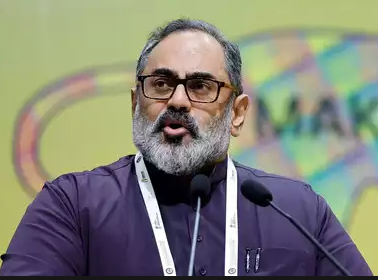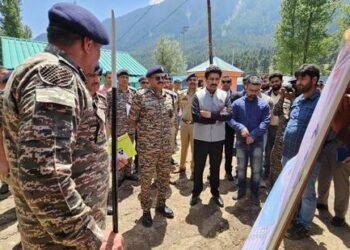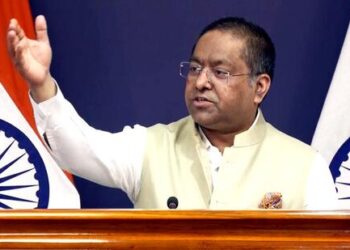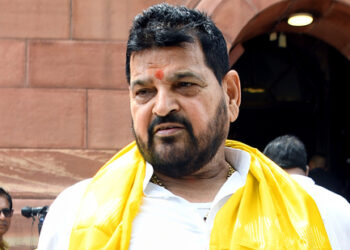In the aftermath of the Bharatiya Janata Party’s (BJP) resounding victory in the Hindi heartland, Rajeev Chandrasekhar, a prominent party leader, declared that the people had decisively rejected the appeasement and divisive politics of the Congress.
The BJP’s triumph in the heartland states marks a significant political shift, with voters delivering a clear mandate against what Chandrasekhar termed as “appeasement and divisive politics.” The party secured notable victories in key constituencies, solidifying its position in the region.
Speaking on the election results, Chandrasekhar emphasized, “The people have spoken loud and clear. This victory is a reflection of their rejection of the Congress’s politics of appeasement and division. It reaffirms the faith that the voters have in the BJP’s inclusive and development-oriented agenda.”
The election outcomes have implications not only for the political landscape of the heartland but also for the national narrative. The BJP’s successes underscore a shift in public sentiment, signalling a preference for a governance approach that focuses on development and inclusivity.
As the BJP celebrates its victories, leaders within the party are expressing gratitude to the voters and pledging to uphold the trust placed in them. Social media platforms are buzzing with congratulatory messages and discussions on the potential impact of these results on the broader political scenario.
With this decisive mandate, the BJP is poised to play a more influential role in shaping policies and driving development initiatives in the heartland states. As the party gears up for the next phase of governance, the message from leaders like Rajeev Chandrasekhar emphasizes a commitment to unity and progress, steering away from what they characterize as divisive politics.








 India
India












